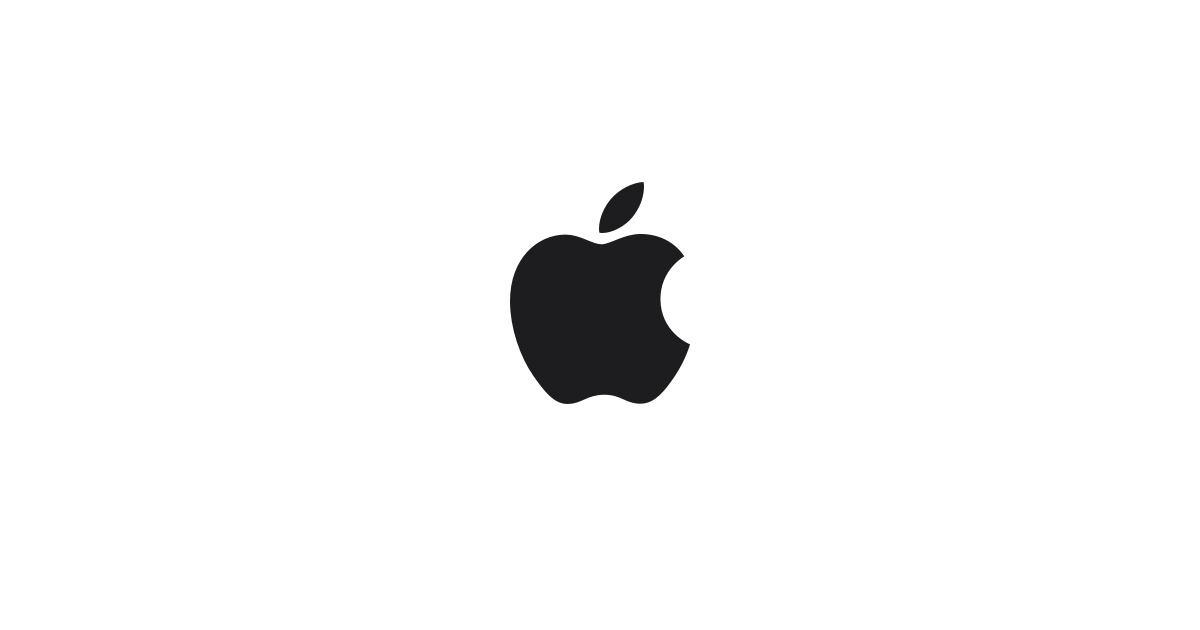
Anticipation Grows as Apple Shifts to USB-C Community Hopeful Amid Lingering Concerns
Anticipation Grows as Apple Shifts to USB-C Community Hopeful Amid Lingering Concerns Apple’s impending transition to USB-C has garnered considerable attention, sparking both excitement and trepidation within the tech community. As consumers eagerly await this change, a recent poll reveals a prevailing sense of enthusiasm surrounding the shift to USB-C. However, apprehensions arise primarily from concerns about potential limitations in USB-C functionality on iPhones, as the present necessity for MFi certification continues to factor into the discussion.
Public Enthusiasm Meets Apprehension Over Implications for iPhone Functionality
The Pulse of Public Sentiment
The poll’s findings reflect a notable consensus: people are genuinely thrilled about Apple’s stride towards USB-C adoption. The vast majority view this transition as a necessary and positive step, aligning with the industry’s broader movement toward standardized connectivity. The promise of streamlined connections and enhanced compatibility resonates deeply within the tech-savvy community.
Balancing Excitement with Reservations
Yet, amid the wave of optimism, a cloud of uncertainty lingers over the extent of USB-C’s functionality within iPhones. This ambiguity stems from the fact that Apple’s current Lightning cables and accessories necessitate MFi certification for compatibility. As users contemplate the potential limitations on USB-C features, a delicate equilibrium between anticipation and concern emerges.
USB-C on iPhones: The Crux of Contention
The heart of the issue lies in the anticipated implementation of USB-C within iPhones. While the tech community wholeheartedly embraces the switch for its universality and convenience, worries persist regarding the extent to which Apple might restrict or curtail the full functionality of USB-C in a bid to retain control over the ecosystem and accessories.
Navigating the MFi Certification Conundrum
Apple’s current requirement of MFi certification for Lightning cables and accessories acts as a gauge for the tech giant’s approach to USB-C. The need for these certifications underscores Apple’s commitment to quality and security but simultaneously poses questions about the extent to which they might regulate USB-C’s compatibility and features. Users’ concerns center around potential limitations that could hinder the seamless experience they anticipate.
Charting the Path Forward
As Apple strides forward into the USB-C era, it faces a dual challenge: addressing the expectations of a community excited about universal connectivity while ensuring a consistent, secure, and high-quality experience. The ultimate success of this transition hinges on striking a delicate balance between embracing change and maintaining the control over the user experience for which Apple is renowned.
The USB-C Journey Ahead
Apple’s pivot to USB-C is undoubtedly a transformative step, one that aligns with industry standards and user expectations for convenience and versatility. The poll’s findings reflect a shared excitement for the evolution. However, lingering questions about potential limitations on USB-C’s functionality within iPhones underscore the intricacies that the tech giant must navigate. As Apple navigates the path ahead, the collective hope is for a harmonious transition that seamlessly integrates USB-C’s capabilities while preserving the hallmark Apple experience.






